The Dawn of a New Era
In an age defined by rapid technological advancement, the dialogue surrounding artificial intelligence (AI) and its profound implications for society is more crucial than ever. Recently, Jamie Dimon, the CEO of JPMorgan Chase, shared compelling insights on the transformative potential of AI during an interview with Bloomberg. His perspectives not only challenge the traditional norms of work but also envision a future where employees enjoy significantly improved work-life balance, potentially only working 3.5 days a week.
A Paradigm Shift in Work-Life Balance
Dimon’s optimism stems from a groundbreaking report by McKinsey, revealing that AI technologies could enable the automation of many tasks currently consuming 60% to 70% of employees’ time. This progress could lead to a reduction in the average workweek from five days to an astonishing three and a half, allowing greater flexibility and personal time for workers. A pilot study conducted by the University of Cambridge on the four-day workweek demonstrated notable results: a 65% decrease in employees’ sick days and a 71% reduction in reported burnout. These findings challenge the long-held belief that longer hours equate to greater productivity, suggesting instead that a shorter workweek could enhance both health and work effectiveness.
A Vision of a Healthier, Longer Life
Moreover, Dimon predicts a future where humanity may reach an average lifespan of 100 years, significantly transforming our approach to work and personal fulfillment. He posits that the integration of AI into everyday life can contribute to healthier living, potentially reducing the prevalence of diseases like cancer. The prospect of living longer with a balanced insight into work promotes a holistic approach to life that many in the workforce are beginning to embrace.
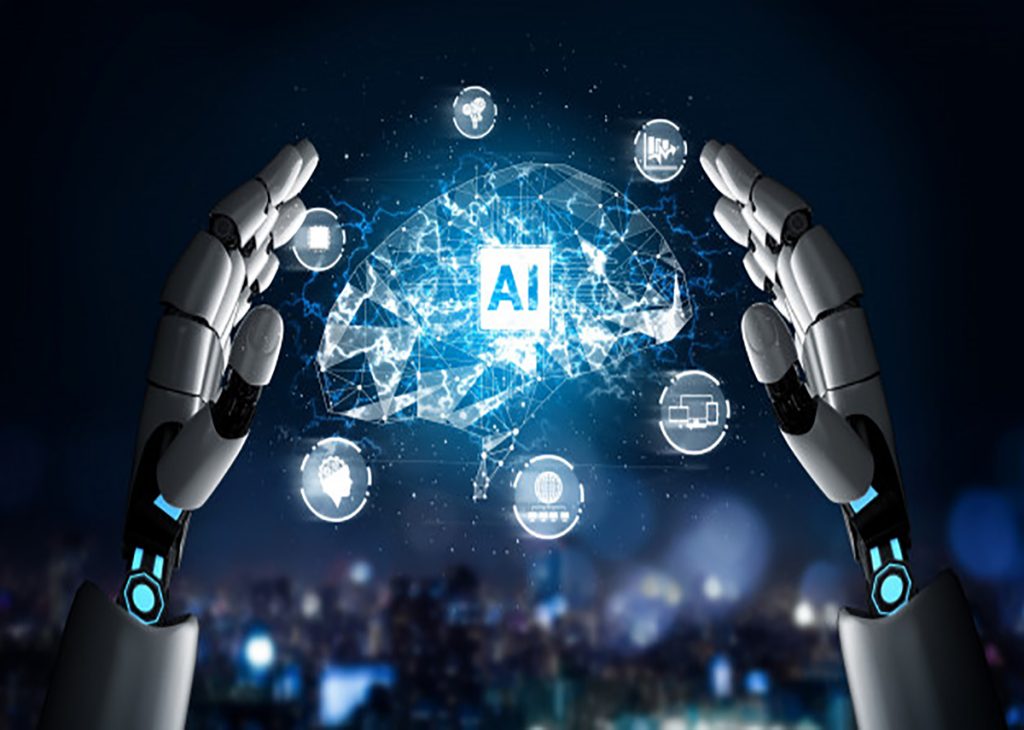
Historical Context: Adapting to Change
This isn’t the first time influential figures have suggested that technological advancements will reshape labor. In 1930, economist John Maynard Keynes envisioned a world where increased productivity would allow his descendants to work merely 15 hours a week. As we stand at the cusp of a technological revolution, it prompts reflection on how society has historically navigated the impacts of innovation. While concerns regarding job displacement due to AI persist, Dimon reminds us that humanity has always adapted, turning challenges into opportunities for growth.
Navigating Potential Pitfalls
Despite the uplifting outlook, Dimon acknowledges the darker aspects of technological progress. He warns of the potential for AI to fall into the hands of those seeking to exploit it for malicious purposes. Just as planes can crash and medications can be misused, AI, if unchecked, poses risks that require serious consideration. Both Dimon and Sam Altman, CEO of OpenAI, advocate for the establishment of safeguards to ensure that AI contributes positively to society, highlighting the necessity for responsible stewardship of this powerful technology.
Conclusion: Embracing the Future
As we look towards the future, the reflections from Dimon and findings from studies underscore a significant shift in how we view work and life balance. The promise of AI transcends mere convenience; it offers a glimpse into a future where we can enjoy richer, more fulfilling lives while maintaining the productivity necessary for economic strength. As society prepares to embrace these changes, the dialogue surrounding AI’s role will be vital in shaping a world that prioritizes both human potential and ethical responsibility.




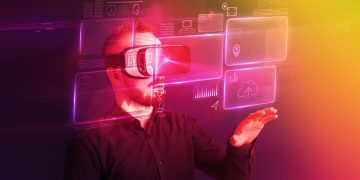
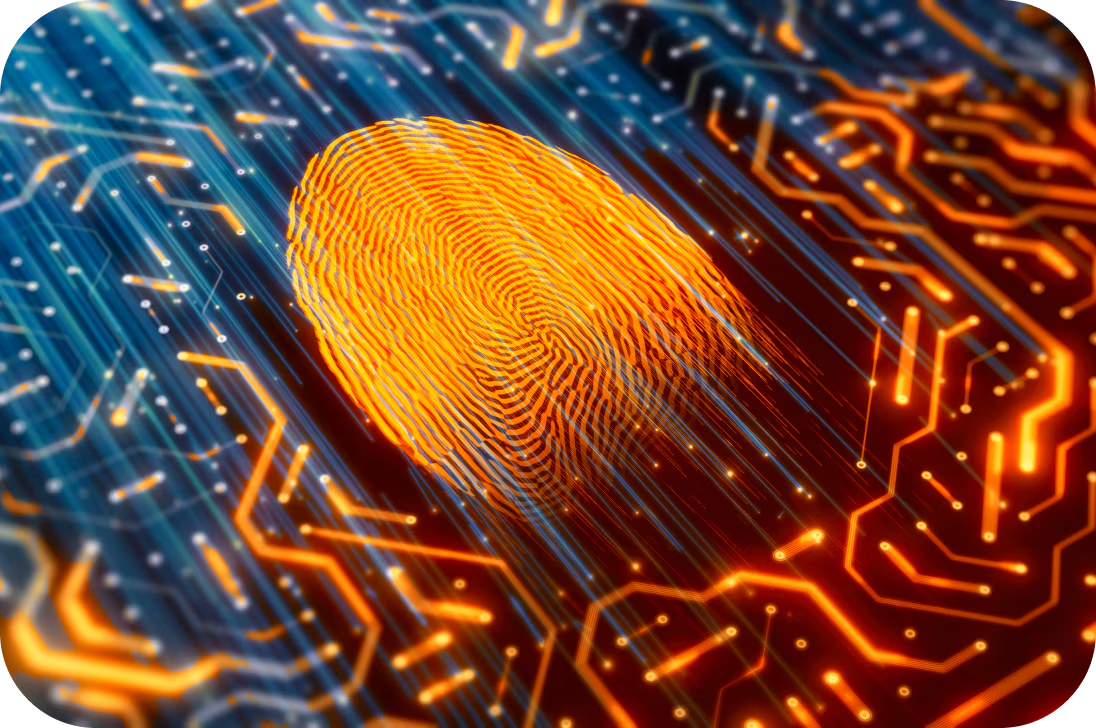










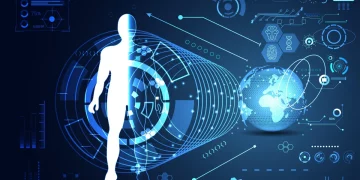


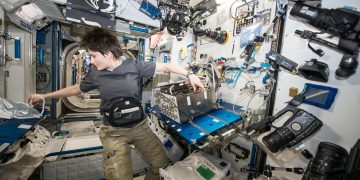







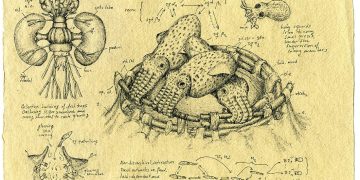







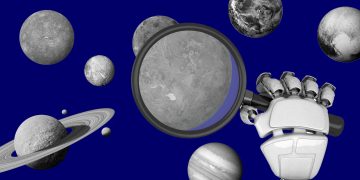

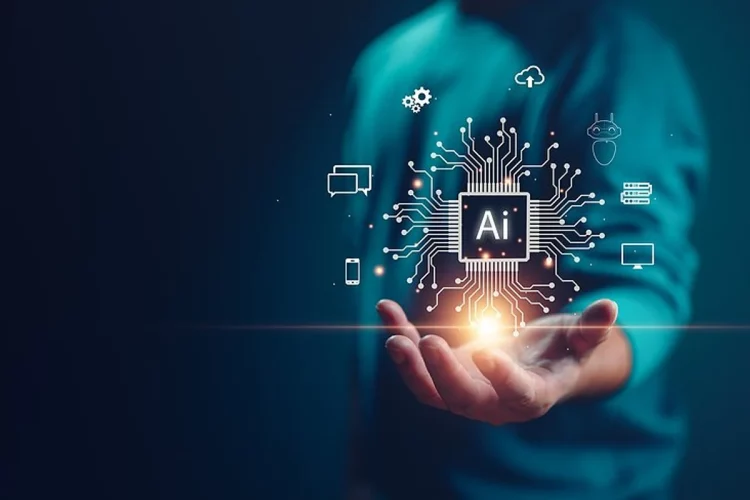












Discussion about this post